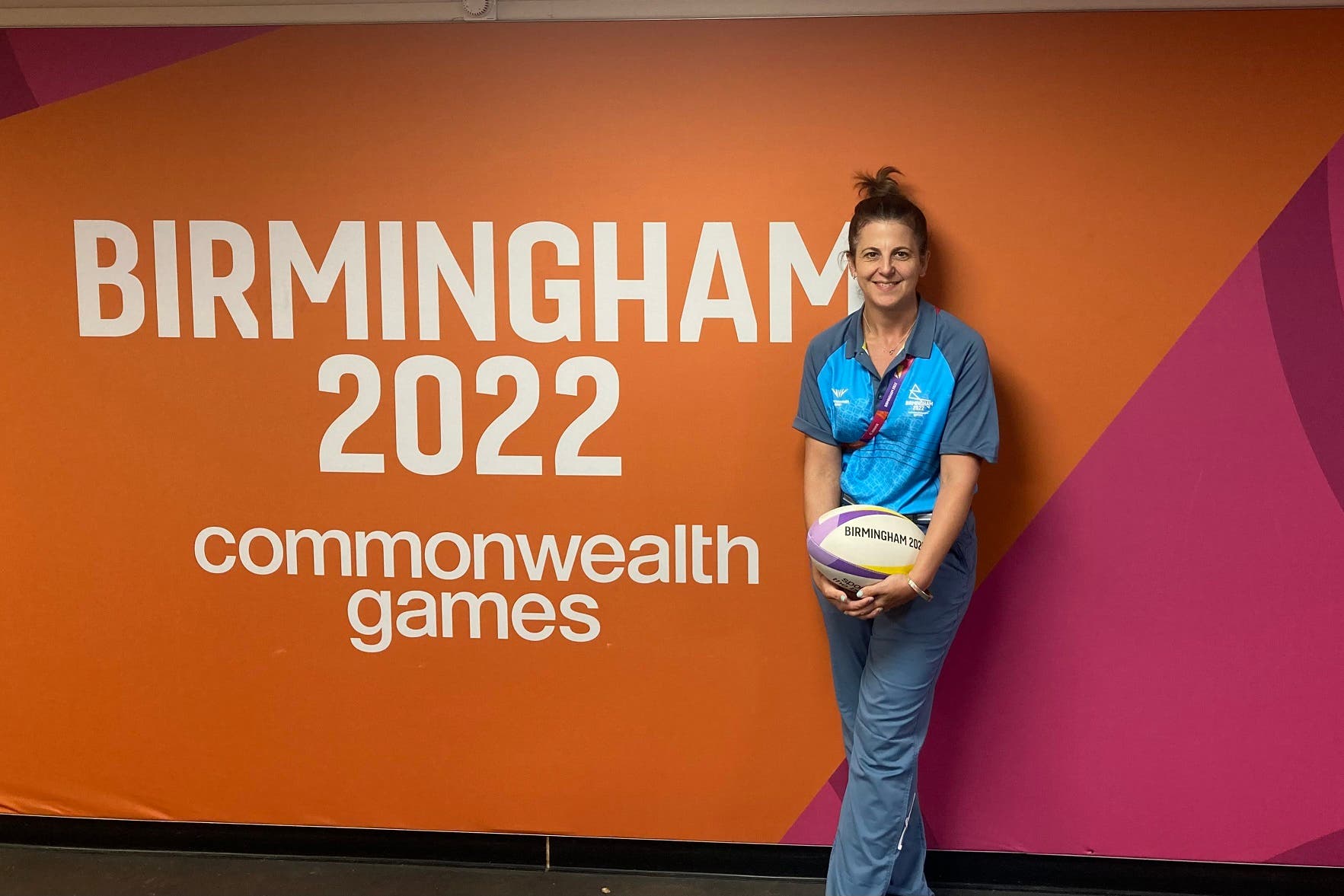Two women become first to complete Masters degree for referees and umpires
They undertook their studies at Edinburgh Napier University.

Your support helps us to tell the story
From reproductive rights to climate change to Big Tech, The Independent is on the ground when the story is developing. Whether it's investigating the financials of Elon Musk's pro-Trump PAC or producing our latest documentary, 'The A Word', which shines a light on the American women fighting for reproductive rights, we know how important it is to parse out the facts from the messaging.
At such a critical moment in US history, we need reporters on the ground. Your donation allows us to keep sending journalists to speak to both sides of the story.
The Independent is trusted by Americans across the entire political spectrum. And unlike many other quality news outlets, we choose not to lock Americans out of our reporting and analysis with paywalls. We believe quality journalism should be available to everyone, paid for by those who can afford it.
Your support makes all the difference.Two “trailblazing” women are celebrating becoming the initial graduates from what is said to be the world’s first taught Masters degree for referees and umpires.
Christina Barrow and Clare Daniels completed the three-year programme at Edinburgh Napier University (ENU), conducting research and completing bespoke modules on skills including decision making and communication.
Miss Barrow, who lives in Sale, Greater Manchester, carried out her studies alongside her work as international officiating manager at World Netball, while Ms Daniels is involved in rugby.
They were presented with their degrees during a graduation ceremony at the Usher Hall in Edinburgh on Wednesday.
Miss Barrow, 47, whose research looked at wellbeing support for officials, said: “The course seemed like a perfect fit. It’s allowed me to find out things that will help other officials in netball.
“It’s been challenging – you have to dedicate yourself – but what you gain is definitely worth it. Personally, you achieve great things.
“To be an umpire, or a referee, you have to be resilient. Netball officials are managing themselves well, but the support they get could be improved. My research found that help was often unstructured.
“It’s given me a platform to understand the problem so I can solve it and represent our officials better. I think it’s also a springboard to maybe expand into other sports and see what we can learn from each other.”
Ms Daniels, 48, who lives in Mildenhall, Suffolk, undertook her studies while working as a performance reviewer and coach for match officials in rugby union’s Professional Group of Match Officials Team, following a successful refereeing career on the pitch.
As part of her research into the challenges faced by female match officials, she compared the world of sport with sectors like the fire service and Stem industries.
She said: “Many of the challenges female referees deal with are very similar to those women face in industry and the corporate world. I found there are a lot of things we can learn and share from other sectors.
“Before I looked at academia and thought it was nothing to do with me, but when you dip your toe in the water you see there’s a wealth of knowledge that can help make us better. I think it’s hugely underused.
“When I left college I went straight into work, but I felt that at this stage in my life I have a much more curious attitude and a desire to learn. My mindset was right.
“I’ve become more curious in how we could do things differently, asking more questions and not just accepting the way things are done. It brings a fresh perspective.”
They're trailblazers and great role models for others coming through
ENU said the course is the world’s first taught Masters degree of its kind designed specifically for referees and umpires.
Dr Duncan Mascarenhas, associate professor and programme leader for MSc performance enhancement in sports officiating at ENU, said: “It’s so exciting, I’m so pleased for them. They’ve put in the hard yards. It’s a big statement for the university that we’re able to upskill these high-profile experts in their fields.
“These two students are pioneering the programme in very different contexts – Christina as an administrator and leader in netball and Clare as a former referee and now a referee coach for rugby.
“They’re trailblazers and great role models for others coming through.
“All the modules in the programme are tailored to the students’ needs. It means we’re dealing with areas of sport which have never really been tested.
“Officiating research is relatively young. It effectively began in the eighties but only really started growing in the late nineties. There’s so much that’s still unexplored and it’s an exciting area to be involved in.”